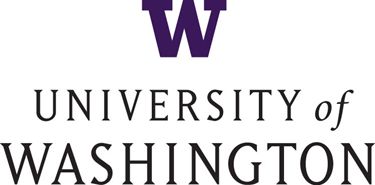UW researchers taught kids to code with cultural research and embroidery machines
University of WashingtonThe team taught a group of high schoolers to code by combining cultural research into various embroidery traditions with “computational embroidery.” The method teaches kids to encode embroidery patterns on a computer through a coding language called Turtlestitch.











